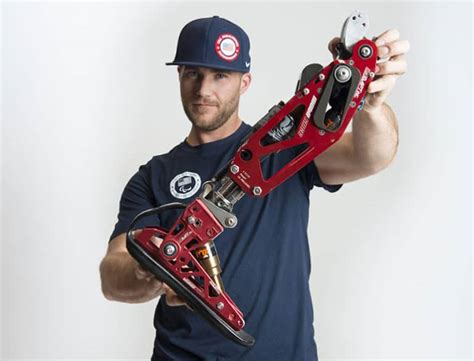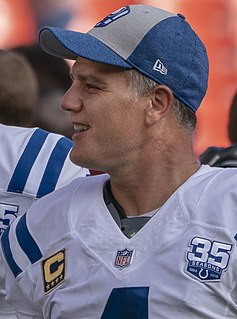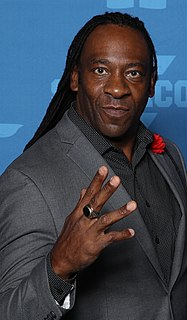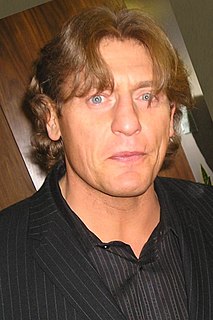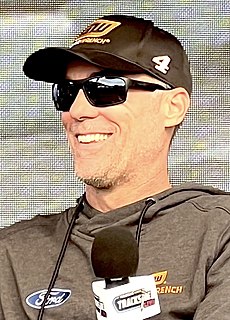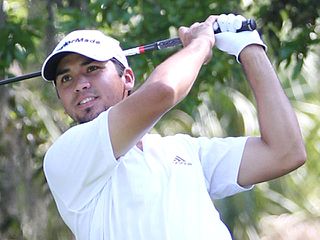A Quote by Mike Schultz
It is definitely easier to deal with injuries on the mental side after you've had a few of them, since you are aware of the recovery process.
Related Quotes
I am aware that I am very old now; but I am also aware that I have never been so young as I am now, in spirit, since I was fourteen and entertained Jim Wolf with the wasps. I am only able to perceive that I am old by a mental process; I am altogether unable to feel old in spirit. It is a pity, too, for my lapses from gravity must surely often be a reproach to me. When I am in the company of very young people I always feel that I am one of them, and they probably privately resent it.
You shoot this and it always has something of yourself - sometimes it's more and sometimes it's less. I think after the shooting it depends on who your character is. You definitely learn something about yourself, or you get to know sides that you knew you had, but you had never activated or triggered in a way that allowed you to let them out. Bad and good, all of this is in all of us. But you definitely meet another side or a quarter or ten percent of yourself that you had an idea of, but never really knew about.
I think that it would be good for people to realize and understand that they are doing something to deal with their pain and they aren't really going to be allowed to escape it and outrun it forever without side effects and certain consequences, as far as emotional and mental happiness and their physical condition. And I'd like people to be aware of those things.
I haven't had any injuries since I've had my kid, so I think it's changed my body externally and internally. I don't know what it is, but I hadn't felt so great, body-wise, until I had my kid. I look more in shape, and I feel more in shape. And speaking from a confidence side, it's changed me in such a positive way.
